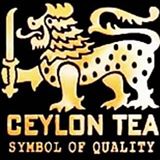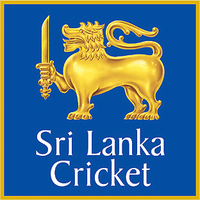Sri Lanka Tea Board signs on as official sponsor for Sri Lanka Cricket
About Sponsor:
Tea is serious business in Sri Lanka. Formerly a British colony known as Ceylon, this small Indian Ocean island is famed for producing the finest black tea in the world, grown and produced according to uncompromising, traditional methods and standards. Since the 1880s, Ceylon tea has been the country’s principal and most famous export; for generations, it formed the backbone of the Sri Lankan economy, and plays a major part, even today, in the country’s fortunes. The Tea Board is the apex regulatory and administrative body of the Sri Lankan tea industry. First set up in 1976, it comprises representatives from both private and government bodies involved in the industry, including cultivators and manufacturers, traders, exporters and plantation employees.
About Property:
Sri Lanka Cricket (or SLC), formerly the Board for Cricket Control in Sri Lanka (BCCSL), is the controlling body for cricket in Sri Lanka. It operates the Sri Lankan cricket team and first-class cricket within Sri Lanka. Sri Lanka's cricket board has been run by government appointed interim committees, which has come into severe criticism from past players as well as journalist.[3] After co-hosting the ICC Cricket World Cup 2011, Sri Lanka Cricket was financially crippled thanks to financial mismanagement by the government-appointed interim committee.[4]

